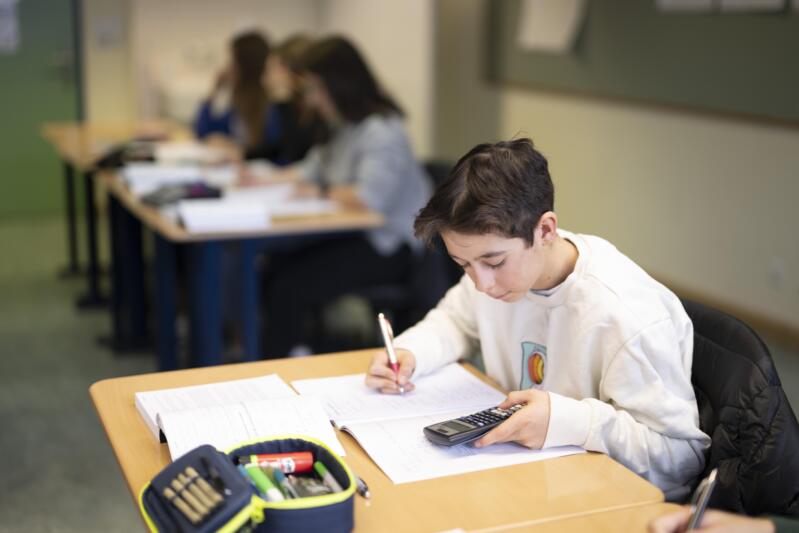5 tips for successful group work
1. Create a good working environment
In my opinion, it is important to feel comfortable in your group and be friendly with each other, even if you don’t know or maybe even dislike the other members a little. Make sure that everyone involved has their say, that no one feels excluded and that everyone is doing something that they are good at and can contribute. Be helpful and open to communicating with each other outside of group work if you get stuck or need help.

2. Set goals
Be aware of what you want from this group project right from the start. It doesn’t always have to be the highest grade possible, but perhaps your goal is to do your best or simply to hand in something. You can agree on a number of pages or hours of work per day, for example. You should cooperate with each other and there should be agreement between everyone. You can then divide up the work according to your objectives and skills. If someone doesn’t have as much capacity or can’t contribute as much as the others, address it too. In most cases, you can meet with understanding and avoid conflicts.

3. Divide the work well
In my experience, a group often consists of people who do a little more and students who do a little less. Make sure that the tasks are divided up fairly and according to your abilities. It should be clear to everyone what they have to do and what their contribution will achieve. Defend yourselves by speaking up early if you feel that you are the one who is left with the work at the end. Find out who is best at doing what. Perhaps someone is good at writing, someone is good at presenting, someone has a particularly good visual sense, etc. It is certainly a good group work method if you do what you can do best. Or if that doesn’t work for you, another approach is to simply divide up all the tasks among all the group members. Nevertheless, agree on who has to do what so that it works in the end.

4. A timeline with deadlines
Another recommendation is to set deadlines for intermediate steps and ‘subtasks’ and not just have the ultimate deadline in mind. This allows you to monitor your progress. On the one hand, this will motivate you further, and on the other, it will prevent a lot of stress at the end of the process. This way, you don’t have to do everything the night before the deadline.

5. Communication
In my experience, communication is the be-all and end-all for successful group projects. Not everything will always be clear, and communication is key. There will be different opinions on the interpretation of the task. Help each other and ask questions. After all, you are working together on this project and have a common goal. Be sure to speak up if you don’t like something or if you have suggestions for improvement, don’t hesitate to ask questions. This will not harm the others, rather it will improve your grade.

6. Feedback
If you have done your best as a group, the final grade of the group project should be satisfactory for everyone. However, if something has gone wrong or you expected a better grade, talk about it. It is rarely the fault of one group member alone, but the group as a team and the cooperation could have had room for improvement. Being able to deal well with feedback and criticism is a skill that will also help you in your professional life. Maintain a good dialogue between the group members. Usually, we meet twice in life. And if feedback has led to a learning effect, don’t forget: Thank each other for the good teamwork.

Valentina Baumann, Lyceum Blogger and alumna



